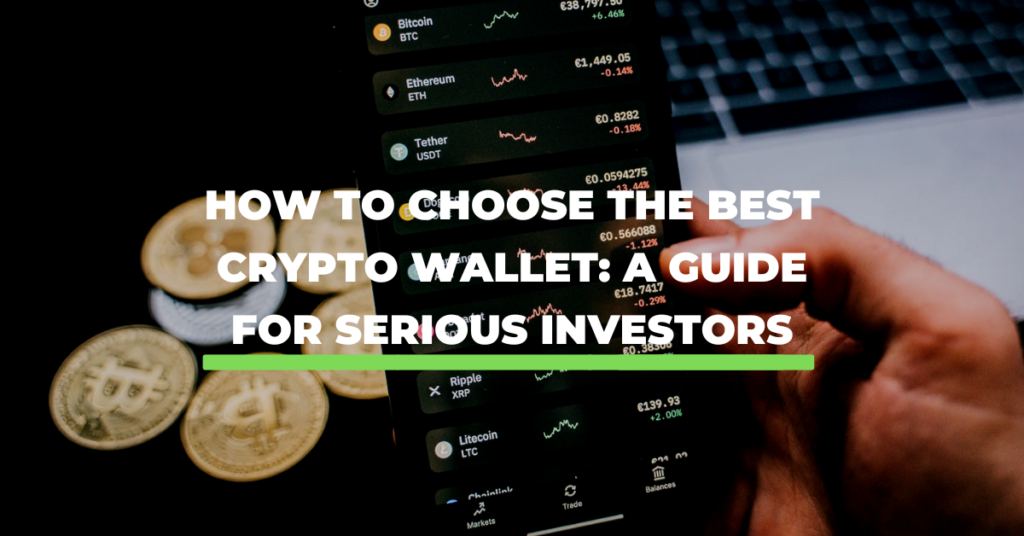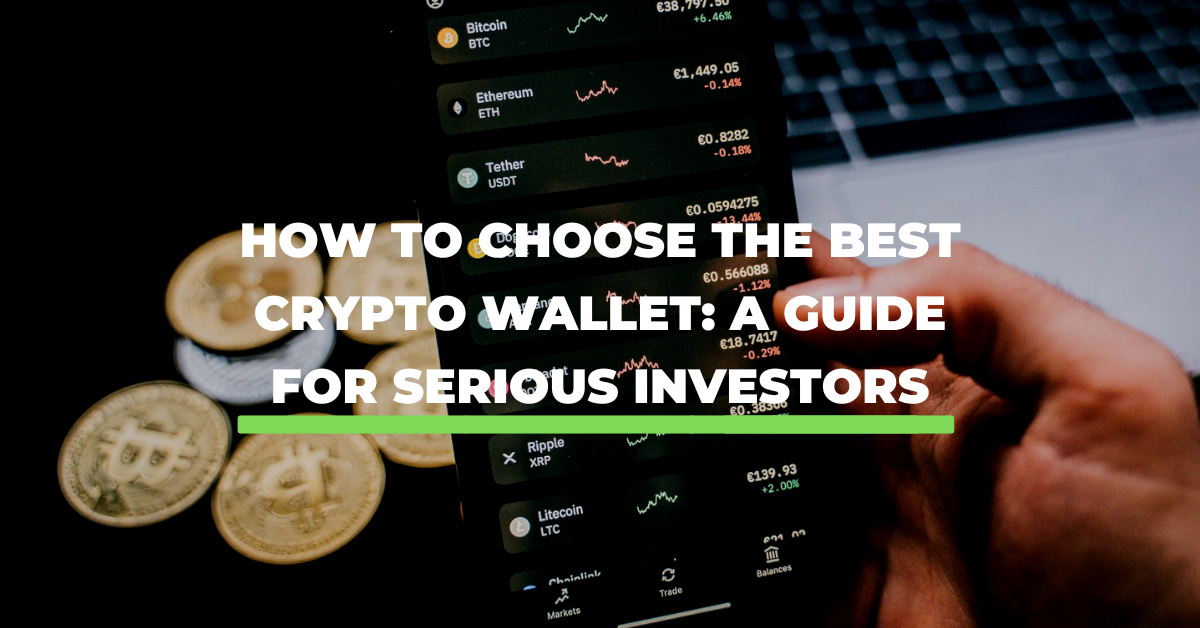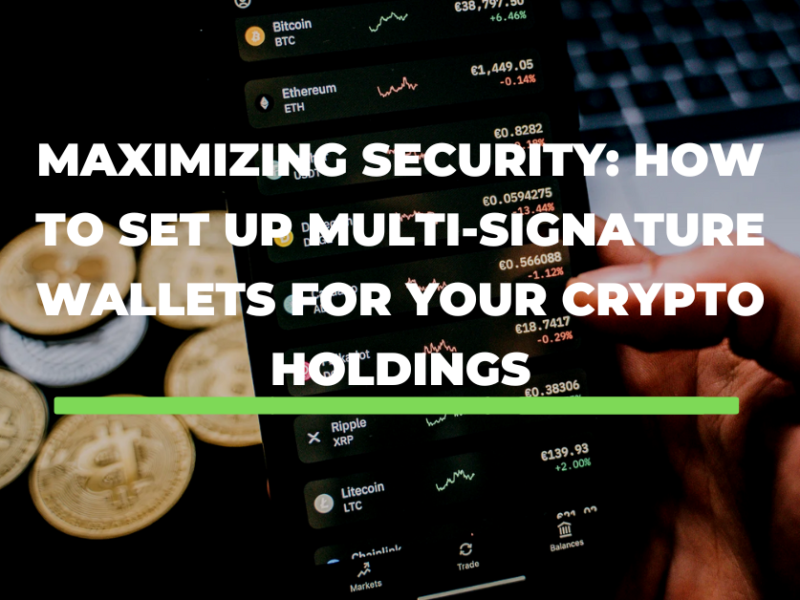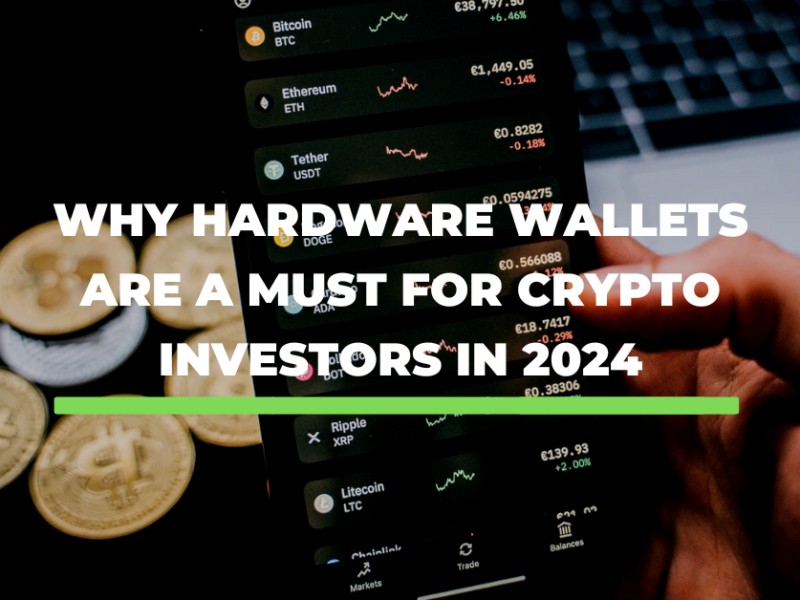As cryptocurrency continues to evolve, serious investors are becoming increasingly aware of the importance of securing their digital assets. Choosing the right crypto wallet is a critical decision that can significantly impact the safety and accessibility of your investments. With numerous options available, ranging from hardware to software wallets, it’s essential to understand what to look for in a crypto wallet. This guide will walk you through the key factors to consider when selecting the best crypto wallet for your needs.

Understand the Types of Crypto Wallets
Crypto wallets can be broadly categorized into three types: hardware wallets, software wallets, and paper wallets.
- Hardware Wallets: These are physical devices that store your private keys offline, making them highly secure against online threats. Ideal for long-term investors, hardware wallets are often considered the safest option.
- Software Wallets: These wallets are applications or programs that run on your computer or mobile device. They are convenient for regular transactions and can be classified into desktop wallets, mobile wallets, and web wallets.
- Paper Wallets: A paper wallet involves printing your public and private keys on paper. While this method is secure from online threats, it requires careful handling to avoid loss or damage.
Evaluate Security Features
Security should be your top priority when choosing a crypto wallet. Look for the following security features:
- Private Key Control: Ensure that you have complete control over your private keys. If a wallet provider controls your keys, you are not the true owner of your assets.
- Two-Factor Authentication (2FA): Wallets with 2FA add an extra layer of security by requiring a second form of verification, such as a code sent to your phone, to access your wallet.
- Backup and Recovery Options: Check if the wallet provides backup options, such as seed phrases or recovery keys, to restore your wallet in case of device loss or damage.
- Multi-Signature Support: This feature requires multiple approvals for transactions, adding an extra layer of security for your funds.
Consider Compatibility with Cryptocurrencies
If you plan to invest in multiple cryptocurrencies, choose a wallet that supports a wide range of coins and tokens. Some wallets are designed for specific cryptocurrencies, while others offer multi-currency support, allowing you to manage various digital assets from a single interface.
Assess User Experience and Interface
A good crypto wallet should offer a user-friendly interface, especially if you are new to the world of cryptocurrency. Look for wallets that provide:
- Intuitive Navigation: The wallet should be easy to navigate, with clear instructions on how to send, receive, and manage your cryptocurrencies.
- Customer Support: Opt for wallets that offer reliable customer support, either through live chat, email, or a comprehensive help center, to assist you with any issues or questions.
- Regular Updates: A wallet that receives regular updates is more likely to have improved security features and stay ahead of potential threats.
Check for Integration with Exchanges
For investors who frequently trade cryptocurrencies, a wallet that integrates seamlessly with cryptocurrency exchanges can be highly beneficial. Some wallets allow you to buy, sell, and trade cryptocurrencies directly from the wallet interface, saving time and effort.
Consider Transaction Fees
Transaction fees can vary widely depending on the wallet and the cryptocurrency network. While some wallets offer low or adjustable fees, others may charge higher fees for faster transaction processing. Consider your trading habits and choose a wallet that offers a fee structure that aligns with your investment strategy.
Research the Wallet’s Reputation
Before committing to a wallet, research its reputation within the cryptocurrency community. Look for reviews, user testimonials, and any reported security breaches or issues. A wallet with a strong track record and positive feedback is more likely to provide a reliable and secure experience.
Conclusion
Choosing the best crypto wallet requires careful consideration of your investment goals, security needs, and usability preferences. Whether you’re a long-term holder or an active trader, the right wallet will provide you with the necessary tools to manage and protect your digital assets effectively. By understanding the different types of wallets, evaluating their security features, and considering factors such as compatibility, user experience, and fees, you can make an informed decision that best suits your investment strategy.
Investing in cryptocurrency is an exciting journey, and with the right wallet, you can ensure that your assets are well-protected and easily accessible whenever you need them.



Thanks
Thanks 😍😘